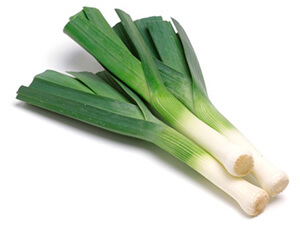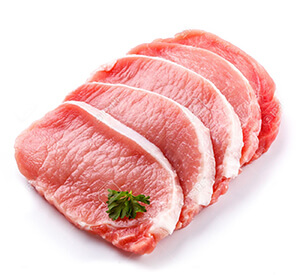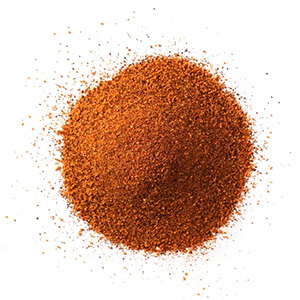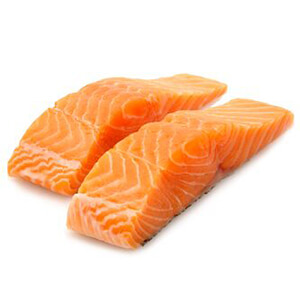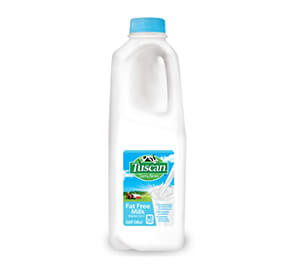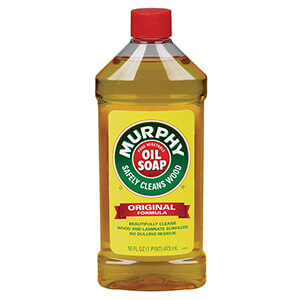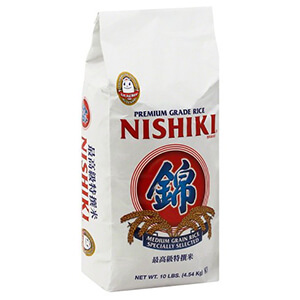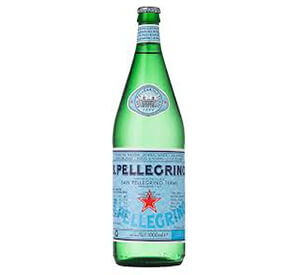For most restaurant owners, making connections with food and beverage suppliers is one of the more daunting operational tasks of running the business. Where does one start if you don’t already have a network of suppliers to call upon? This is a priority, something you unequivocally know you are going to need in order to function successfully. Of course you want to make sure you are getting the best possible price for the best ingredients on the market.
There are many different types of industry-based food suppliers for restaurants, so identifying the right choice for you relies heavily on concept and understanding all of the ins and outs of the supply chain and delivery. From local farms to butchers or national wholesale food suppliers to restaurant depots, establishing relationships, guidance through process, and utilizing technology all play major factors in which type of supplier is best for your business. Here we explore the key elements to help you determine if it makes more sense shopping with a food supplier vs. at a restaurant depot.
Lower Costs and No Hidden Fees with Food Suppliers
One of the biggest pain points for any restaurant owner is of course, keeping overhead and costs low. There is an average savings of 5-9% when you shop directly with a local, non-chain, but established supplier rather than having an employee shop at a restaurant depot. Time is money.
Many times restaurant depots seem like they are coming in on a lower price scale, but they have hidden fees (like a picking fee) or extra delivery charges on orders. Most suppliers will be upfront on any additional costs who have no hidden fees because their customers are regulars. They are loyal and consistent. They are not one-time purchases.
Handled with Safety & Care
Another component to think about is how the products are being handled. When you are purchasing from a restaurant depot, items like produce get touched or even mishandled by countless customers a day in addition to the employees who stock them with little to no regulation. Most food suppliers have a very streamlined safety system or an assembly so you can trust their services for the picking and leave the shopping up to them.
Same Day Fixes
Food suppliers typically have the technology and advanced structure to ensure that when you place an order, it is collected and done right the first time. Again, restaurant depots operate like a warehouse where there are different products, a variety of brands and they are moved around often, leaving more room for human errors, mistakes to be made and extended wait times for your orders. If by chance orders are incomplete or incorrect, food suppliers have the ability to make the fix the same day. Restaurant depots simply do not have that capability or man-power. If you accidentally placed the order wrong or it’s not enough product because you go through it quicker than expected, food suppliers can send additional orders the day of. There is also no hassle with wrong orders or short orders. No order is too small for service. There are no minimums on orders either which allows you to place orders as needed to cater to your business and your customers. There is an opportunity for your food supplier to pickup your returns, guaranteeing true customer service on every order.
Food Suppliers Vs. Restaurant Depots
In conclusion, restaurant depots simply do not provide the same type of quality product or customer satisfaction that a food supplier can. Relationship building with your suppliers can be a huge part of keeping the costs down and creating a trusted, accredited connection for seamless supplies for your restaurant. Restaurant depots are meant for one-time, quick shopping at discounted rates to help to move unwanted or unneeded items. In many cases, discounted rates means compromised quality, service and more. And although a restaurant depot may seem like the answer when looking at the sticker price of an item, you will quickly see what it’s worth and how it winds up costing you more in the long run.
From the customer’s perspective, consistency is the most important aspect a restaurant can offer when it comes to their dining experience. Most suppliers are a part of a purchasing alliance that used the same vendors for their family of brands. Those brands are heavily vetted for quality assurance. Most restaurant depots are in the mix simply to sell the items that they have in stock at a discounted rate to help the products move. More often than not, there is little to no consistency as they typically receive the items on their shelves that just couldn’t transit elsewhere.




